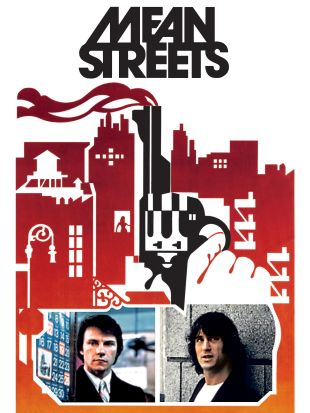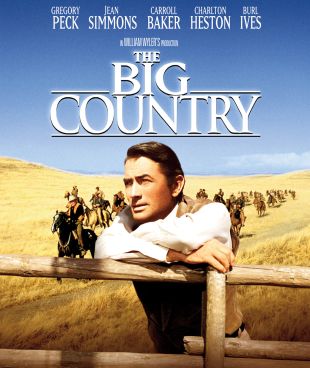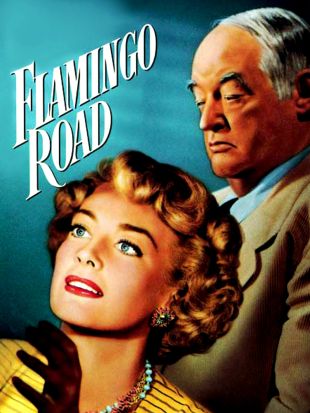Robert Wilder wore enough different hats in a 45-year career as a writer that the quality of his work was difficult to assess or fully appreciate. He was a novelist, responsible for a dozen books -- several of which became the basis for major motion pictures, including Flamingo Road and Written on the Wind -- but was also a screenwriter on movies such as The Big Country, as well as a publicity man and a full-time journalist. Born in Richmond, VA, in 1901, he was the son of a minister-turned-lawyer-turned-doctor-turned-dentist, whose own moves through different professional lives seemed to set the pattern that the younger Wilder followed in his own life. He spent much of his youth in Daytona Beach, FL, and served in the United States Army during World War I. Wilder was educated at John B. Stetson University and Columbia University, and worked at a multitude of jobs, including soda jerk, ship fitter, theater usher, and shipping clerk. His career as a writer started when he was employed as an assistant to theatrical press agent Dixie Hines, and he subsequently formed his own agency, representing the publicity interests of Claudette Colbert, among others. He also tried his hand at writing for the theater, authoring a pair of plays, Sweet Chariot and Stardust -- the former, premiering in 1930, was an especially surprising and daring work for its time, with an almost all-black cast (including Frank Wilson and Fredi Washington) and a plot based on the life and career of renowned black activist Marcus Garvey. Wilder later joined the National Broadcasting Company, working on publicity for the radio network before becoming chief of publicity for WOR radio. In 1935, Wilder turned to journalism, joining the New York Sun as a rewrite man (the employee who did most of the actual authoring of news stories phoned in) and eventually getting his own column. He later also wrote articles for Smart Set, The New Yorker, and other magazines. At the end of the 1930s, he turned to fiction writing and saw his first novel, God Has a Long Face, published in 1940. Two years later came the publication of his first major success, Flamingo Road.
In 1944, he went to Hollywood and, over the next four years, worked successively for MGM, Paramount, and Warner Bros. as a screenwriter and published his novel Written on the Wind (1946). Among his most notable projects was his own screen adaptation of Flamingo Road; the story of greed, corruption, and redemption in a rural Florida county was filmed by Michael Curtiz at Warner Bros., with Joan Crawford, David Brian, and Sydney Greenstreet. Regarded as a highlight of Crawford's career, the 1949 movie had a palpable sense of corruption that ran through every line of its script; this was a natural outgrowth of Wilder's original work, which showed a journalist's eye for verisimilitude, especially in its depiction of local southern politics and the malevolent character of Sheriff Titus Semple (the Sydney Greenstreet part). Flamingo Road was also turned into a short-lived play by Wilder during March of 1946, and it was transformed into a network television series during the early '80s. From 1950 until 1954, Wilder served as the Mexican correspondent for the Miami Herald. In 1956, Douglas Sirk brought his novel Written on the Wind to the screen under that title; his novel And Ride a Tiger (1951) was turned into the movie Stranger in My Arms (1959) at Universal by director Helmut Käutner; and Wilder was one of the screenwriters responsible for adapting Donald Hamilton's novel The Big Country into the script for the Gregory Peck/William Wyler production The Big Country (1958), starring Peck, Burl Ives, Charles Bickford, and Jean Simmons. In the 1960s, his novel Fruit of the Poppy was turned into the crime film Sol Madrid. Wilder's other novels included The Wine of Youth (1955), about a young Texan's rise to power and prominence; The Sun Is My Shadow (1960), about an ambitious young woman's rise to power in the world of journalism; Wind From the Carolinas (1964), about white settlers in the Bahamas; and An Affair of Honor (1969). He died during the summer of 1974, seven months after the publication of his last book, The Sound of Drums and Cymbals, dealing with the movie business. As an author, Wilder has not been remembered nearly as well as the films made from the best of his books, though paperback editions of those former bestsellers do occasionally surface in used book stores. It's also something of a tribute to Wilder's writing, as well as to Douglas Sirk's direction, that Written on the Wind has been released on DVD as part of the prestigious Criterion Collection.


